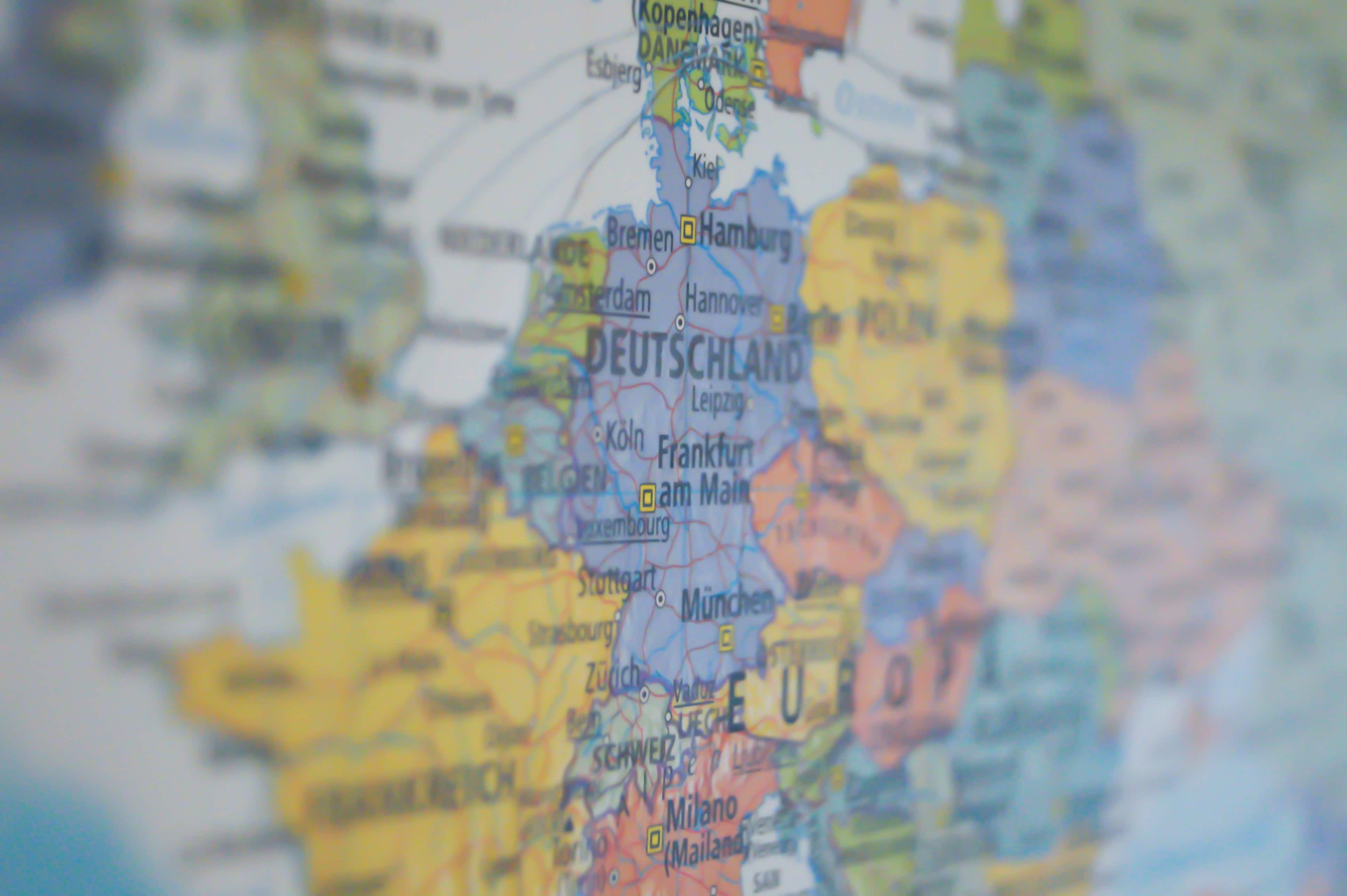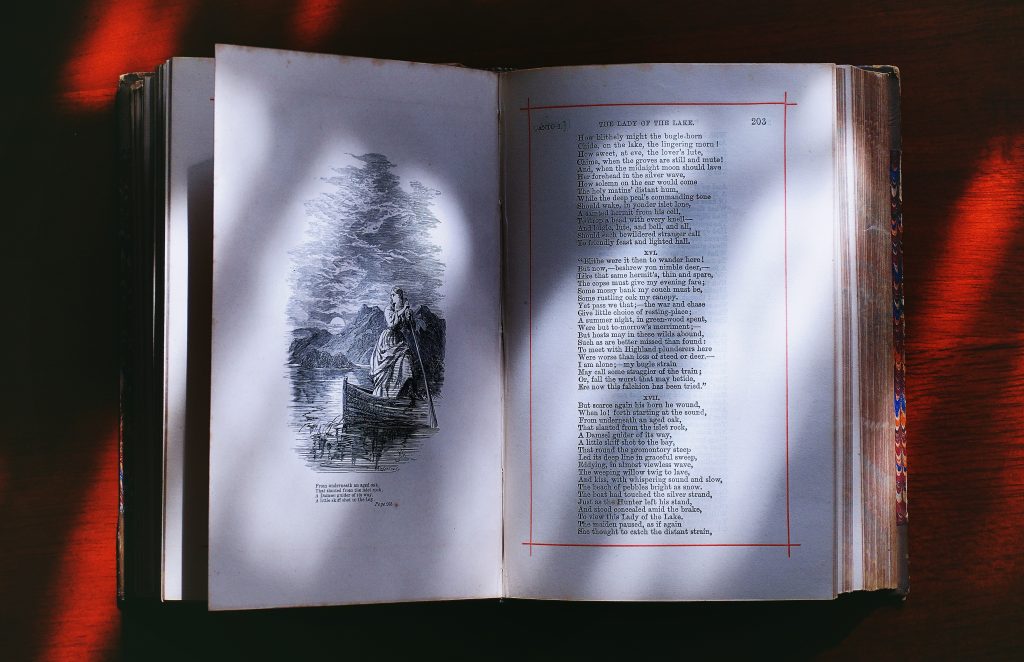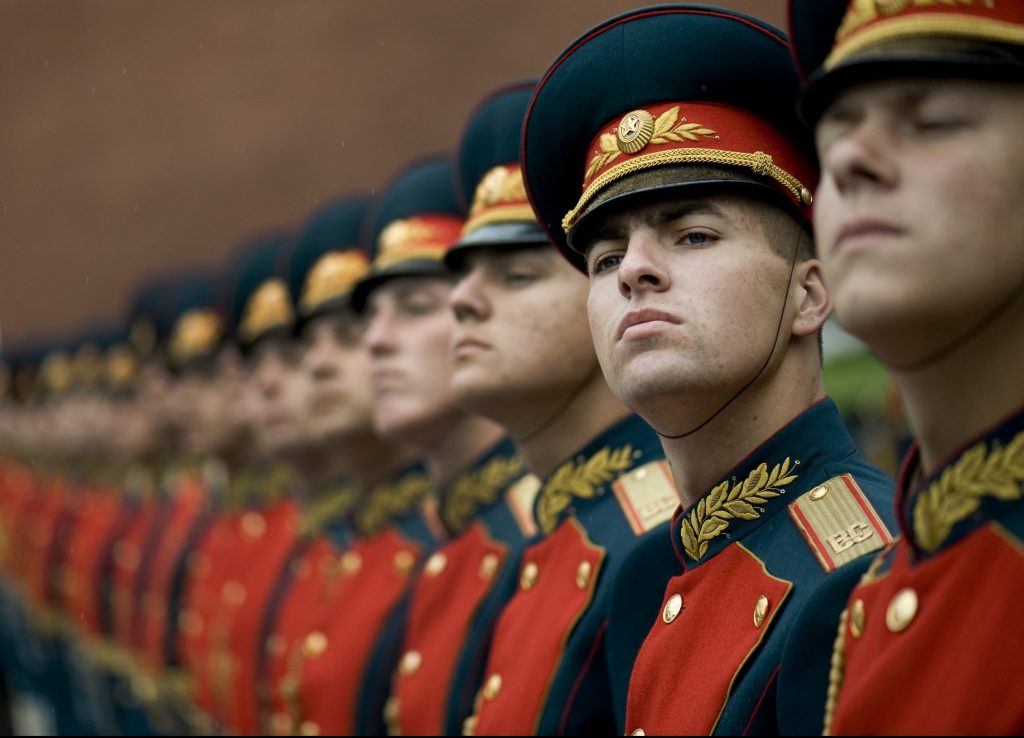There are several HSC Modern History myths I wish I’d known the truth about before starting the Modern course.
“Modern doesn’t scale well”, “You don’t have to study for the core module”, “Modern is useful for History Extension”.
You may have heard some of these HSC Modern History myths yourself!
But have no fear! Let me be that older student for you, having sat through HSC Modern History myself.
I’ve put together the greatest HSC Modern History myths that often surround the course and be debunking them for you!
Top 5 HSC Modern History Myths
Myth #1: If I bombed Year 11 Modern, I’ll bomb HSC Modern
Myth #2: I don’t need to study for World War I
Myth #3: Modern History doesn’t scale well
Myth #4: The content in Modern History is important for History Extension
Myth #5: I don’t have time to study for Modern, I’ll just wing it
Myth #1: If I bombed Year 11 Modern, I’ll bomb HSC Modern
This is probably one of the greatest HSC Modern History myths to be dispelled.
To be completely honest, in the period between Year 11 and Year 12, I also had this misconception.
Doing badly in my Prelims will automatically mean I will do just as badly in the HSC. So why should I even bother trying again for the HSC?!
However, it didn’t take me long to realise that Year 12 is a completely different ballgame to Year 11.
I picked up Modern History halfway through Year 11 when I decided Maths was not for me. It was initially my ‘filler subject’, just so I didn’t have to take up Maths anymore.
And so, it didn’t really come as much of a surprise to me that Modern History was my worst subject. I was in the bottom 3 of my class and averaged around 18 out of 25 for my assessment tasks.
However, I knew that I enjoyed Modern History, so I decided to keep it until I was 100% sure. And boy, I’m glad I did.
Wonder why?
I ended up working my way up to being in the top 3 of my class, ultimately scoring 15 marks above the grade average for Trials and attaining a final mark of 96 for the HSC Modern History external exam.
Modern History became my best subject.
The beauty of Year 11 is that you are allowed to make as many mistakes as you want, and it won’t count towards your final ATAR!
Think of it as a trial run before the marathon. If you are in a similar position as I was, remember that “the comeback is always stronger than the setback” just as long as you consistently put in effort.
Here are a few of my top tips:
Collaborate with friends
Modern History is such a content heavy subject, so you want to be smart with how you prepare for the HSC exam.
Share your notes and essays with your classmates and make sure they are as detailed, yet as succinct as they can be.
Yes, you are working to get the best individual mark possible, but doing well as a collective cohort is extremely favourable and will help you more than you think!
Do lots of practice papers
Doing lots of practice papers was one of the main reasons I was able to see so much improvement in my responses.
Get them edited and marked by your teacher as they know exactly what the marking criteria entails.
Meet up regularly with your teacher
I was lucky enough to have a brilliant teacher to guide me through the entire HSC Modern History course.
His passion for history was inspiring and it definitely rubbed off on me.
I met up with him every time before an assessment task to discuss preparation and how to maximise my marks. We would also meet up after an assessment task to review my performance in the exam and possible actions to take to improve next time.
Your teacher is there to help you, so don’t neglect them and listen to what they have to say!
Have a bad teacher? Don’t worry! Check out this article on how to kick ass in HSC Modern History even with a bad teacher!
The HSC is what you make of it. Just because you did poorly in Year 11 by no means equates to a poor result in Year 12.
Like any other subject, just as long as you consistently work hard, you will reap the benefits. Trust me! Don’t believe me? See for yourself!
Myth #2: I don’t need to study for World War I
Thinking that everything you need to know are already in the sources for WWI? Wrong!
There are 3 smaller sections the Core component of HSC Modern History.
This adds up to a total of 25 possible attainable marks in WWI:
- Comprehension question – Multiple choice
- Own knowledge question – Short answer response
- Source analysis question – A ‘longer’ short answer response
One of the most common mistakes that students make in HSC Modern History is not thoroughly studying for World War I.
You will end up like Germany – defeated, with a lot to make up for, even more than $33 billion USD in war reparations. (If you didn’t understand that, it’s a sign that you definitely need to revise your content!)
For the source analysis, every source is unique and will convey something different.
HSC Modern History markers are well aware of what the sources are comprised of, and will expect you to make a judgement, from what you know, based on its content, perspective, audience, motive etc.
So in order to sit comfortably in the top band, you need to treat each source by its own merit.
Treat each source as if they were people – they are all different with something different to bring to the table.
Check out the response outlines to the following question: How useful would Sources E and F be for a historian studying the impact of total war on civilians in Britain and Germany?
In your answer, consider the perspectives provided by the TWO sources and the reliability of each one. (2013 HSC Modern History Exam Paper)
| Using only the source | Source E - Secondary source by Adam Hochschild – To End All Wars: How the First - World War Divided Britain - Published in 2011 - Turnip winter of 1916 - 80,000 children died of starvation Source F - Primary source by Sunday Pictorial titled ‘The Brown Family’s Four War Christmases’ - Published on 23rd December 1917 by cartoonist G.M. Payne |
| Using the source and your own knowledge | In addition to the information mentioned above Source E - Total war bore a social impact on Britain, with shortages in basic foods, such as milk, bread and meat. This led to food restrictions. - However, there were deeper and more profound impacts on the German home front. Germany faced acute shortages of essential war products. They had enormous national debt, which were hardly covered by government taxes. - Food and fuel rationing eventually led to a breakdown of the economy, strikes, and revolution. This culminated in strikes in 1916 due to rising prices and shortages. Source F - Sunday Pictorial is a British newspaper. Therefore, events are told from the British perspective. - Since this is from a newspaper published on 23rd December 1917, this would have been a method of propaganda. British propaganda was more effective than German propaganda as they hired experienced media barons to direct the propaganda effort. - 1914: Table full of food, 2 male butlers = This was prior to the implementation of total war in Britain. - 1915: Less food shown, 2 female servants = The growing demand for munitions, men and machinery forced the government to intervene in the management of the economy and the lives of its citizens. Total war is the complete dedication of a nation’s resources and people to the war effort. It was organised in mid-1915 but was not as quick, or in the same manner as Germany. This was because Britain it was a parliamentary democracy with free press and strong union movement, as opposed to Germany’s authoritarian ruling. Total war in 1915 included the mobilisation of previously unused resources (such as female labour). - 1916: Very little food shown, 1 house maid = In 1916, there was a change in government in Britain, from Asquith to Lloyd George. This catalysed a more effective implementation of total war as they functioned on the phrase “business as usual”. The heavier emphasis on total war saw food supplies dwindle, exacerbated by the poor harvest in 1916 and the effects of unrestricted submarine warfare. In December 1916, Lord Davenport exhorted the British to voluntarily restrict their food intake down to 115g of sugar, 1.8kg of bread and 1.1kg of meat. - 1917: Basically no food, sugar tickets are implemented, food served by family members = The British government increased their stringent control over society, making it illegal to feed pigeons and throw rice. |
Are you able to identify the differences?
As you can see, if you only use the source by itself with no own knowledge, there is only so much you can talk about as you might be unsure of its context.
Weaving in your own knowledge will definitely help you make a more sophisticated and nuanced judgement based on its reliability and usefulness.
By doing this and adding in your own knowledge, it will surely reflect in your marks!
Yeah right. My friends in the grade above got away with with not studying for WWI. Chances are, they got lucky with the sources.
Since WWI is the core section, you should aim for top marks and do whatever you can to secure that Band!
This is something you can do by knowing your content and knowing it well.
Check out our article on How to Write a 10/10 Modern History Source Analysis and How to Quickly and Flawlessly Analyse Modern History Sources if you need some extra help!
Myth #3: Modern History doesn’t scale well
Taking subjects you enjoy and are passionate about are more likely to get you a higher mark in the subject.
This should come as no surprise because you’re going to be willing to put in the effort towards subjects that you enjoy, more so than ones you hate.
At the end of the day, the HSC is what you make of it and it is ultimately up to you on how you plan on tackling your HSC subjects.
It is 100% possible to still achieve a great overall ATAR with Modern History as long as you put in the effort.
According to UAC, your scaling is also dependent upon how well your cohort performs in a subject, so it’s not even all about the subject at the end of the day.
Myth #4: The content in Modern History is important for History Extension
So, you’ve decided to take on HSC History Extension. Great! It’s a brilliant course with lots to offer.
However, it’s certainly not uncommon, especially early on in Year 12, to have the misconception that the content of Modern History is relevant to History Extension.
Let’s take a look at the History Extension syllabus:
Students use historical debates from one case study and a source book of historical readings to investigate the question ‘What is history?’, through the key questions:
- Who are the historians?
- What are the aims and purposes of history?
- How has history been constructed and recorded over time?
- Why have approaches to history changed over time?
As you can probably tell, History Extension delves into the historiography and the construction of history itself.
So, History Extension is not an extension of Modern History, but instead, an extension of history. Therefore, the content you learn in Modern History will not overlap with History Extension.
Myth #5: I don’t have time to study for Modern, I’ll just wing it
Hopefully this is one of the HSC Modern History myths you don’t believe in.
In no way could you ever wing Modern History, as it is one of the most content heavy subjects offered in the HSC!
In general, it’s impossible for you to wing any HSC subject if you want to achieve a great mark, let alone pass.
If your teacher has spent an entire year teaching you the content, there’s probably a reason why: It’s not ‘wingable’!!
So take it from me and your teachers when they tell you to study for your subjects, do it!
Looking for some extra help with HSC Modern History?
We have an incredible team of HSC Modern History tutors and mentors who are new HSC syllabus experts!
We can help you master the HSC Modern History syllabus and ace your upcoming HSC Modern assessments with personalised lessons conducted one-on-one in your home or at our state of the art campus in Hornsby!
We’ve supported over 5,000 students over the last 10 years, and on average our students score mark improvements of over 19%!
To find out more and get started with an inspirational HSC Modern History tutor and mentor, get in touch today or give us a ring on 1300 267 888!
Frances Tso recently graduated from Sydney Girls High School in 2016 and is known among her friends as the crazy dog lady without a dog. With an avid interest in the dynamics of global change, she decided her HSC major work was not enough to quench her thirst as to how regional interactions impact political and cultural relationships. So, she has decided to study International Studies at UNSW, majoring in International Relations. In her spare time, Frances is either teaching violin, re-watching episodes of Friends for the twentieth time, or perfecting the art on how to be a dog aficionado.






